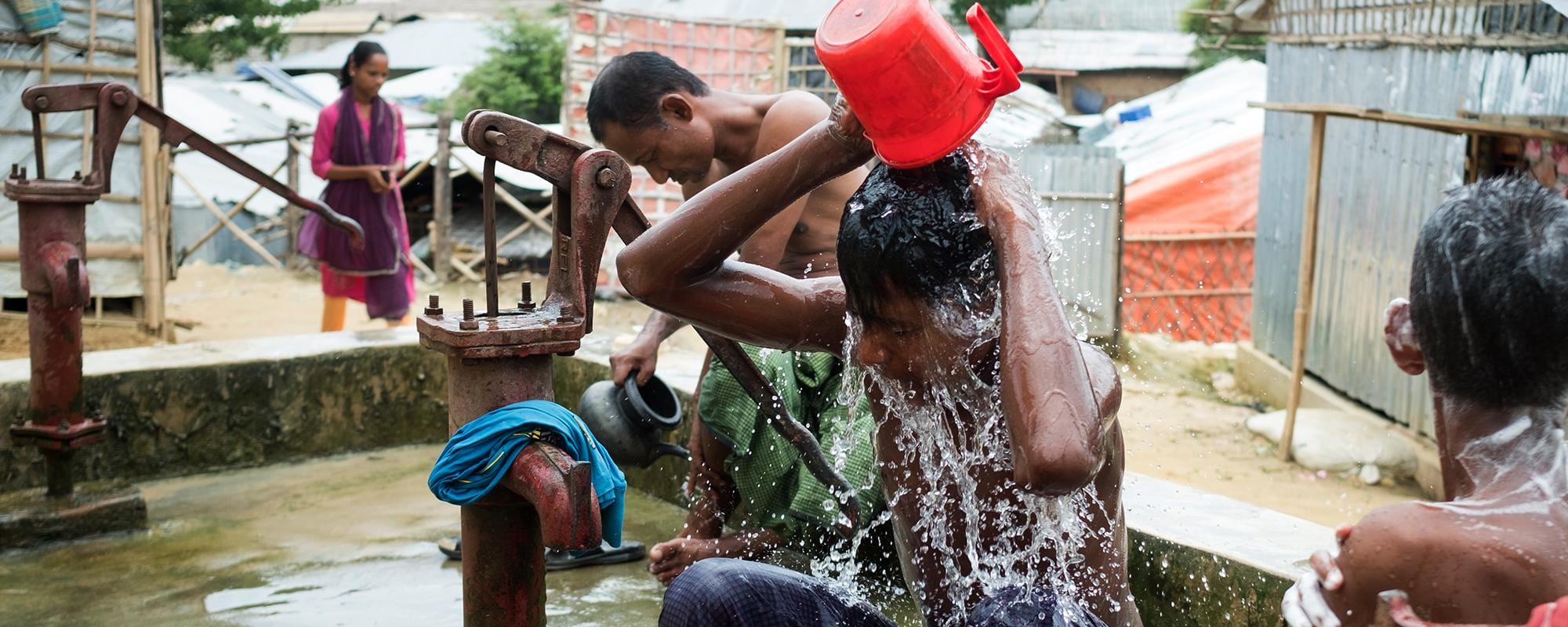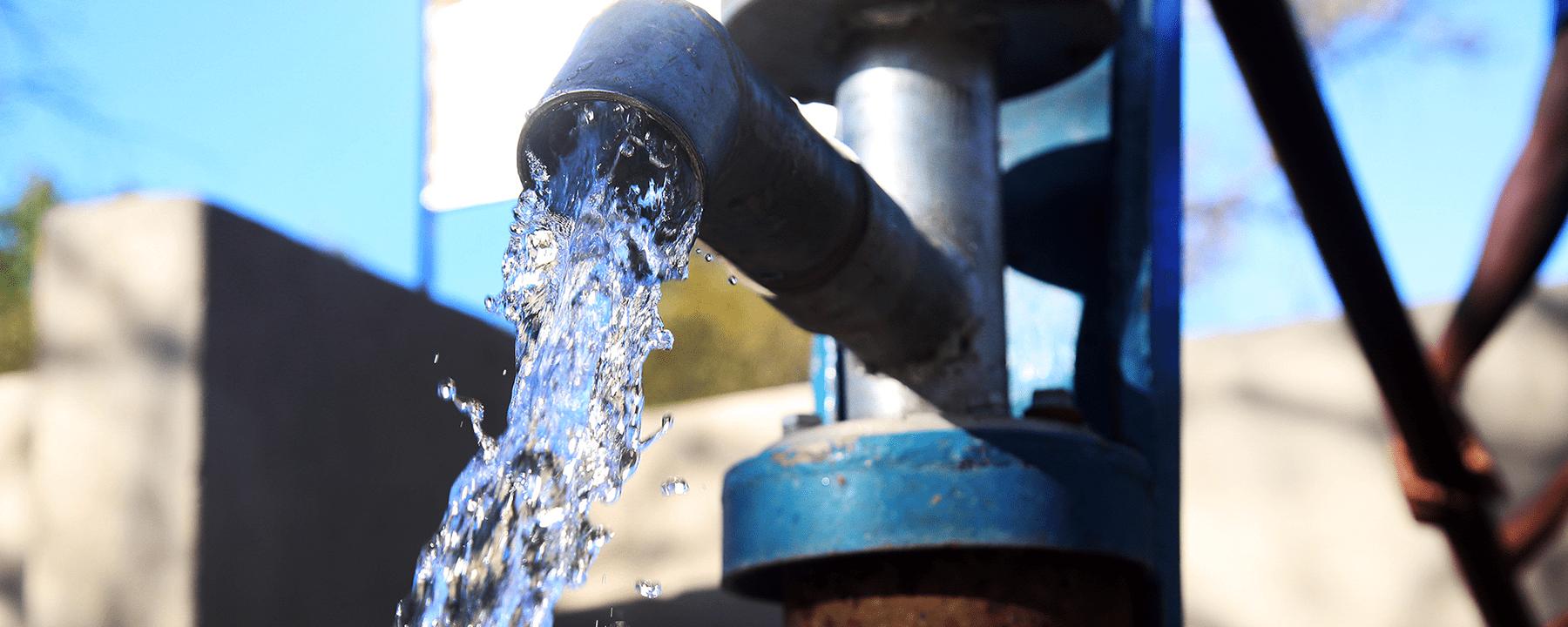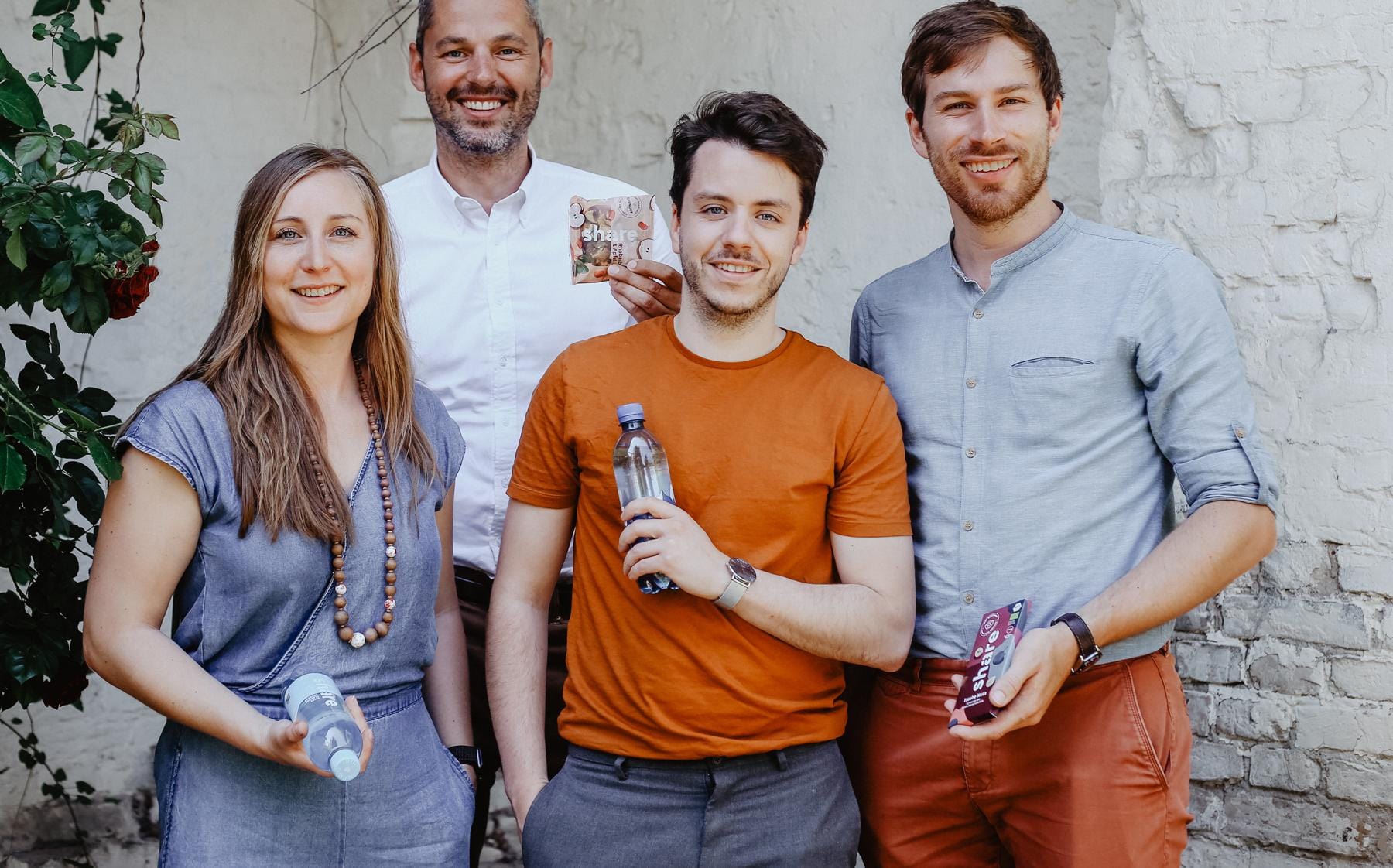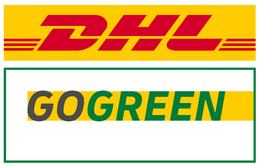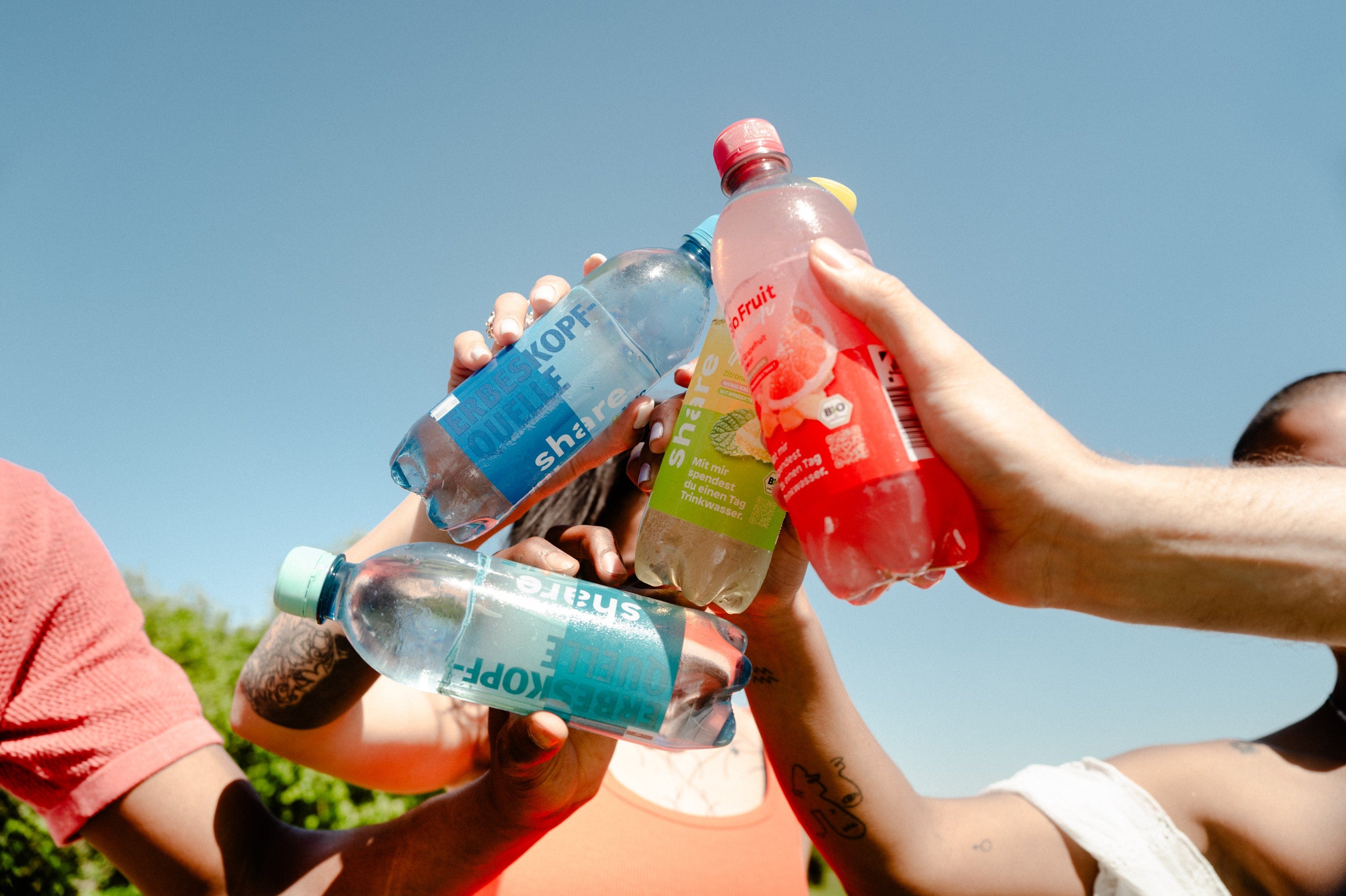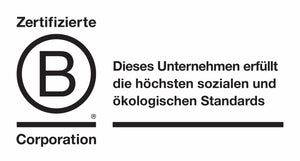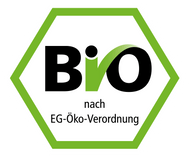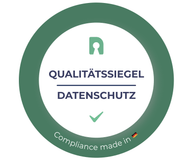Where does our help go?
We want to make the world a little fairer. That's why each of our products contains a social donation that goes directly to our project partners and thus does good. And we want to see this for ourselves at regular intervals. Three to four times a year we plan project trips to the various partner organizations, talk to the project management and other representatives on site as well as to the people who receive the help. In this way, we want to strengthen our relationships with the partner organizations and work even more closely together, but above all to see where our help has arrived and what other challenges the people on site are facing.
The effect for us personally? Clearly: an extra dose of motivation. Talking to people on site, seeing what moves them and the changes we have achieved together makes us incredibly proud and strengthens our belief that we can make a real social impact together. Transparency is also incredibly important for our work. Because we want to show you how much good you are really doing by buying share products.

